
Permutation and CombinationQuestion and Answers: Page 4
Question Number 179818 Answers: 4 Comments: 0
Question Number 179948 Answers: 2 Comments: 3
Question Number 179738 Answers: 2 Comments: 0
Question Number 179699 Answers: 0 Comments: 9
Question Number 179420 Answers: 2 Comments: 4
Question Number 179358 Answers: 0 Comments: 4
Question Number 178937 Answers: 1 Comments: 0
Question Number 178454 Answers: 2 Comments: 0
Question Number 178395 Answers: 2 Comments: 0
Question Number 178173 Answers: 2 Comments: 0
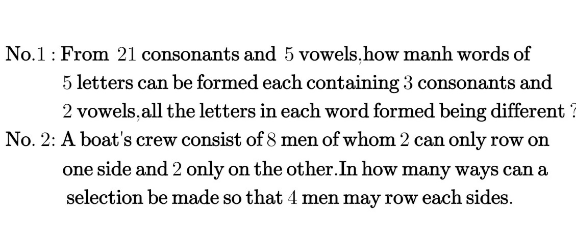
Question Number 177597 Answers: 2 Comments: 0

Question Number 177309 Answers: 1 Comments: 1
Question Number 177040 Answers: 1 Comments: 0

Question Number 177008 Answers: 1 Comments: 0
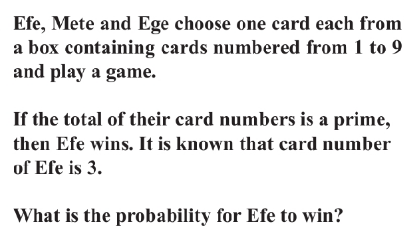
Question Number 177007 Answers: 1 Comments: 0

Question Number 175567 Answers: 0 Comments: 0
Question Number 174855 Answers: 1 Comments: 0
Question Number 173976 Answers: 1 Comments: 0
Question Number 173975 Answers: 0 Comments: 0
Question Number 173354 Answers: 0 Comments: 2
Question Number 173014 Answers: 0 Comments: 0
Question Number 172817 Answers: 2 Comments: 0
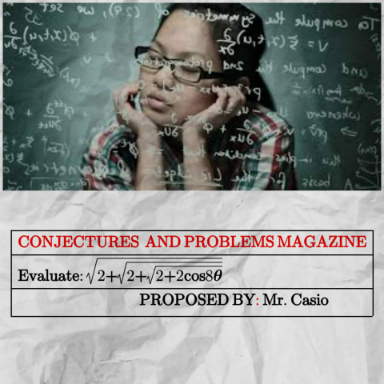
Question Number 172356 Answers: 0 Comments: 0
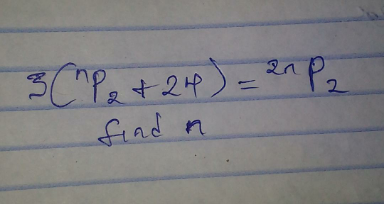
Question Number 172354 Answers: 1 Comments: 0

Question Number 172347 Answers: 0 Comments: 0
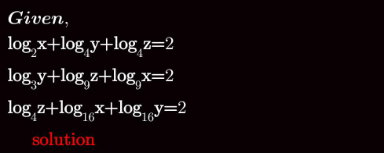
Question Number 172008 Answers: 0 Comments: 0
